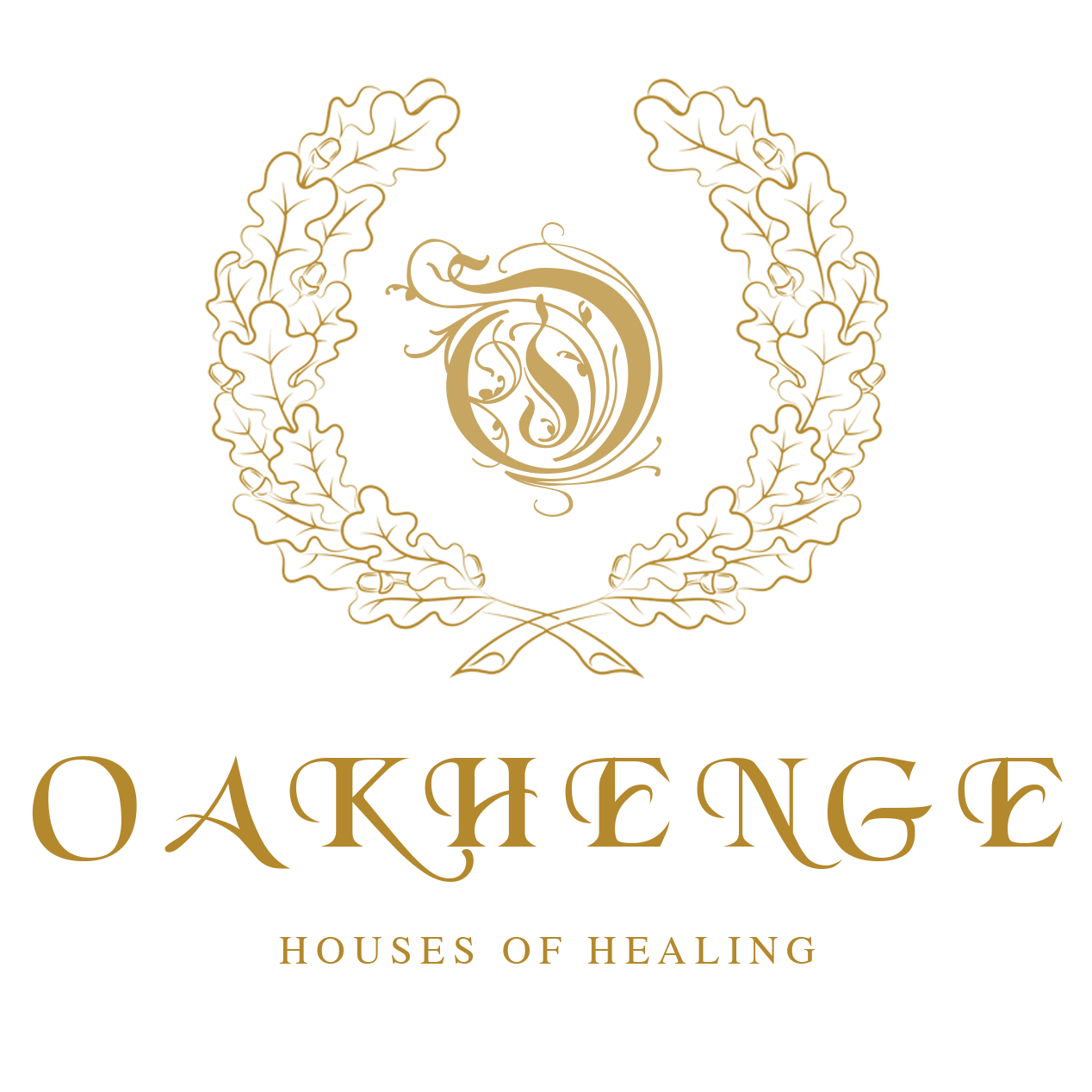As an herbalist, I am passionate about promoting sustainable and ecologically conscious foraging practices. Foraging for mushrooms can be an exciting and rewarding activity, but it’s important to approach it with a mindset of respect for the environment and the organisms that call it home.
When foraging for mushrooms, it’s important to be aware of the impact that harvesting can have on the ecosystem. Over-harvesting can lead to depletion of mushroom populations and disruption of ecological balance. Therefore, it’s essential to only take what you need and leave the rest to support continued growth and propagation.
Ontario is home to a diverse array of mushroom species, many of which are edible and can be enjoyed in culinary dishes. Some of the most commonly foraged edible mushrooms in Ontario include:
- Morels: These cone-shaped mushrooms are prized for their meaty texture and nutty flavor, and can be found in the springtime in forested areas.
- Chanterelles: These golden-yellow mushrooms have a fruity aroma and delicate, slightly peppery taste. They can be found in deciduous and coniferous forests during the summer months.
- Lobster mushrooms: These mushrooms are actually a parasitic fungus that grows on other mushrooms, creating a bright red or orange outer layer that resembles the shell of a cooked lobster. They can be found in the fall growing on decaying logs and stumps.
- Hen-of-the-woods: This mushroom, also known as maitake, has a meaty texture and umami flavor, and can be found growing at the base of oak trees in the fall.
- Oyster mushrooms: These delicate mushrooms have a mild flavor and can be found growing on dead hardwood trees throughout the year.
When foraging for mushrooms, it’s important to properly identify each species before consuming to avoid any potential toxicity. It’s also essential to forage in areas that have not been contaminated by pollutants, such as industrial waste or agricultural chemicals.
In summary, foraging for mushrooms can be an enjoyable and sustainable way to connect with nature and enjoy a diverse array of edible fungi. However, it’s important to approach it with care and respect for the environment, and to prioritize sustainable foraging practices to ensure the continued health and vitality of our natural ecosystems.



